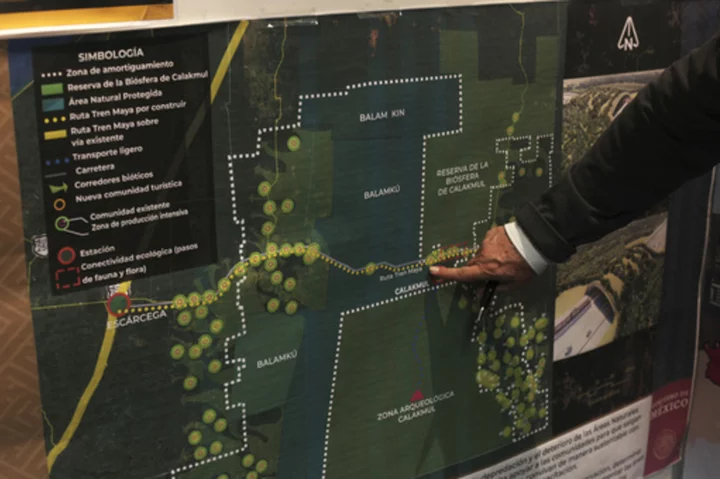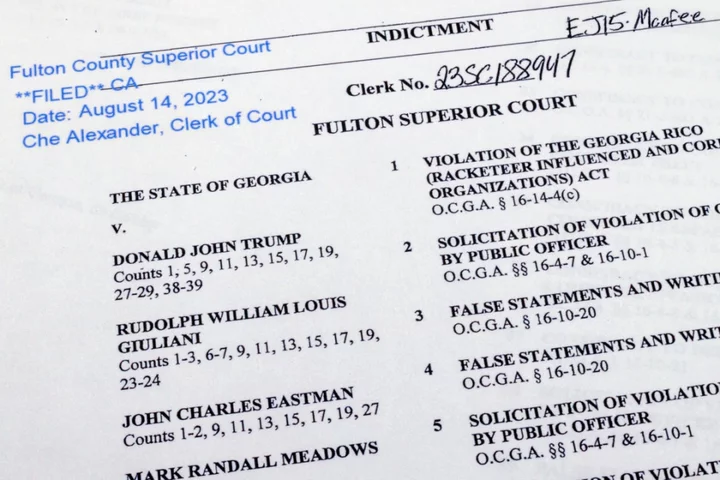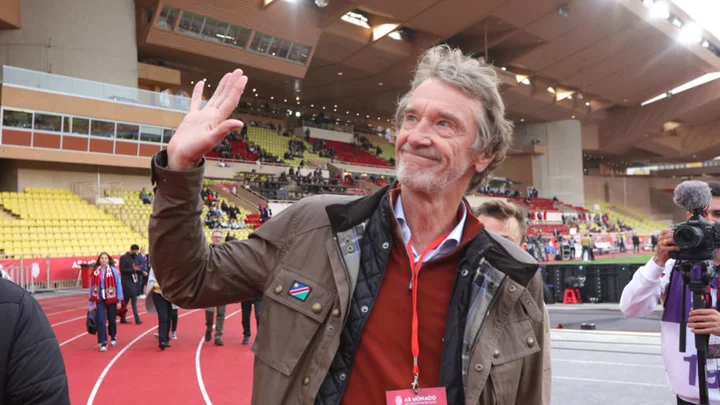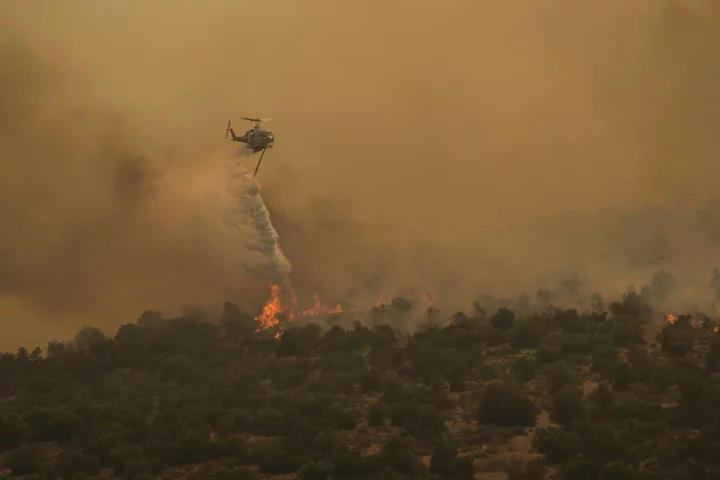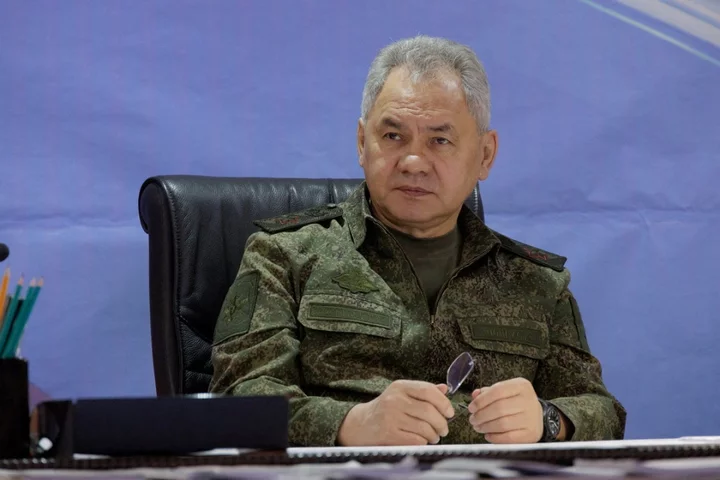MEXICO CITY (AP) — Mexico’s Supreme Court ruled Thursday the government cannot simply decree that tourist trains or other public work projects are issues of “national security,” because that violates the public’s right to information.
The ruling is the latest in a string of setbacks for President Andrés Manuel López Obrador, who has sought to broaden the discretionary powers of the presidency.
López Obrador has tried to rush through his Maya Train tourism project by exempting it from normal permitting and public reporting, claiming it is vital to national security.
It is unclear whether Thursday’s ruling only affects the public’s right to get information on spending, costs and other data on such projects, or whether it also repeals the fast-track permitting process.
López Obrador is already angry at the court for throwing out some of his planned electoral reforms, and has called for a change to make the Supreme Court an elected body. At present, slates of potential justices are suggested by the president, but elected by the Senate.
In July, López Obrador's government invoked national security powers to forge ahead with a tourist train along the Caribbean coast that threatens extensive caves where some of the oldest human remains in North America have been discovered.
López Obrador is racing to finish the Maya Train project in the remaining two years of his term amid objections of environmentalists, cave divers and archaeologists.
The government had paused the project in 2022 after activists won a court injunction against the route, because it cut a swath through the jungle for tracks without previously filing an environmental impact statement.
But the government invoked national security powers to resume the track laying. The measure also makes it easier for the government to withhold information on such projects.
In November 2021, López Obrador's government issued a broad decree requiring all federal agencies to give automatic approval for any public works project the government deems to be “in the national interest” or to “involve national security.”

